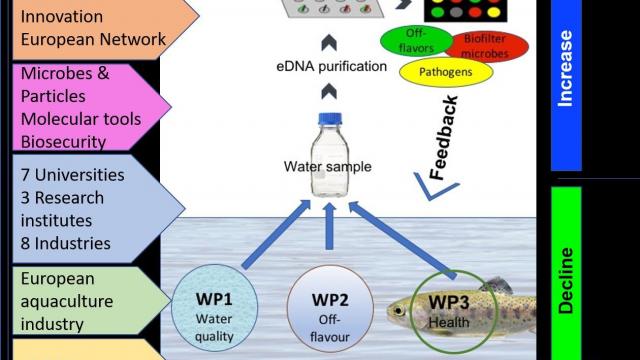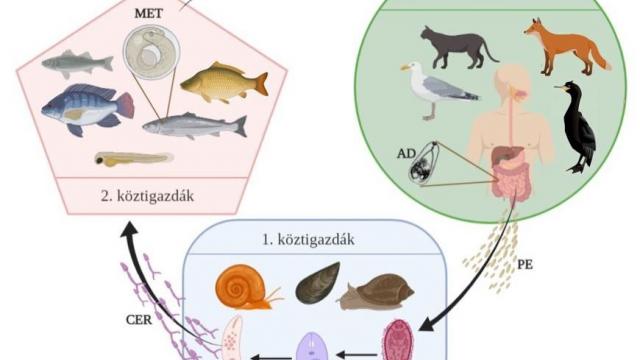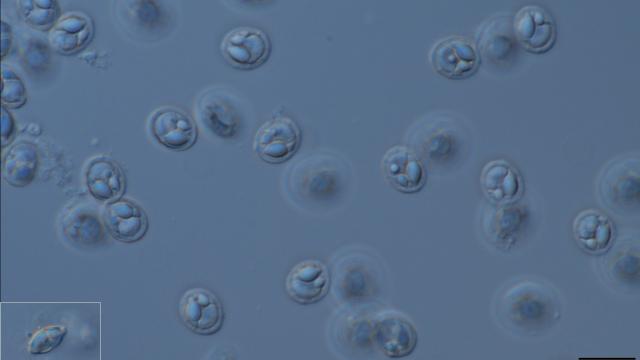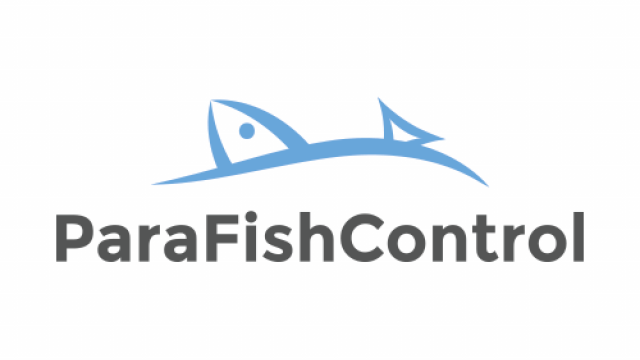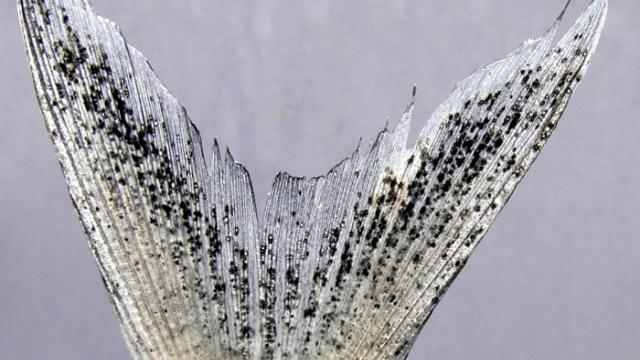Fish Pathology and Parasitology
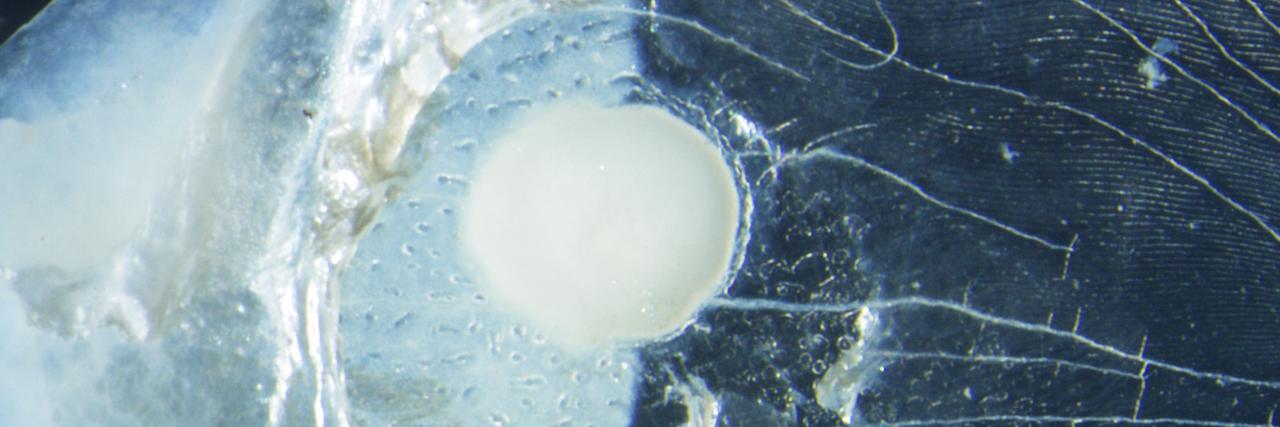
In conformity with the traditions of our research group, we primarily pursue fish parasitology research. During that activity, we regularly check fish species living in Lake Balaton and its tributaries for parasitic infections. We strive to identify the developmental stages of myxosporean parasites and digenetic trematode species in both definitive and alternate hosts (oligochaete worms, freshwater molluscs). We study the occurrence, phylogenetic relations and development of these parasites and the diseases caused by them by the combined use of experimental, histological and molecular techniques.
In collaboration with researchers from several European countries, in the framework of a Horizon 2020 project we are participating in current research on common carp parasites and in addressing fish parasitological problems arising in Hungarian fish farms.
In the framework of our recently started bacteriological research activities our aim is to survey the occurrence of pathogens (Aeromonas, Flavobacterium) causing ulcerative dermatitis in Hungarian fish species. The isolated strains are typed and subjected to antibiotic susceptibility testing. We attempt to detect and isolate fish-pathogenic mycoplasmas and mycobacteria, as well as Chlamydia-like organisms causing epitheliocystis.
So far our virological work has focused primarily on fish circoviruses, but with the introduction of new virus isolation techniques we will have a possibility to identify fish pathogens of hitherto unclarified but presumably viral nature.
Services:
Members of the Research Group regularly give expert advice on fish health and primarily fish parasitological issues to Hungarian and international representatives of the fishery sector.
